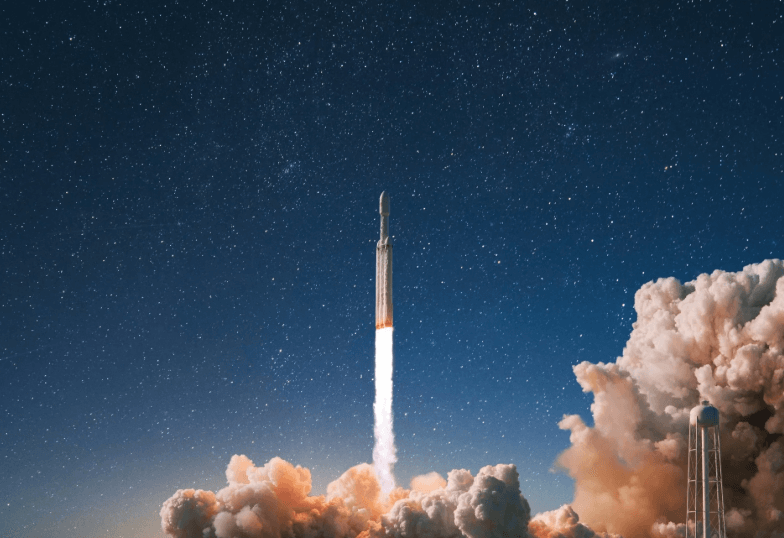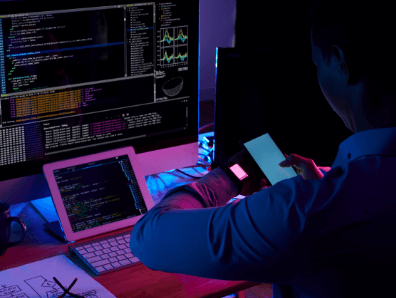The Future of Space Exploration: The Role of Technology

The future of space exploration is increasingly intertwined with advanced technologies. Innovations in artificial intelligence and robotics promise to enhance mission capabilities and operational efficiency. Meanwhile, new propulsion systems are set to revolutionize deep space travel. Additionally, the growing involvement of private companies is reshaping the landscape of space missions. Together, these elements herald a new era of exploration, prompting critical questions about humanity’s next steps in the cosmos. What challenges and opportunities lie ahead?
Advancements in Artificial Intelligence and Robotics
Significant advancements in artificial intelligence (AI) and robotics are reshaping the landscape of space exploration, enhancing both mission efficiency and safety.
Machine learning algorithms enable autonomous systems to analyze vast data sets in real-time, allowing for quicker decision-making.
These innovations empower spacecraft to navigate complex environments, conduct experiments, and adapt to unforeseen challenges, ultimately expanding humanity’s reach into the cosmos while minimizing risk.
See also: The Future of Robotics: How AI and Automation Are Changing the Workforce
Innovative Propulsion Systems for Deep Space Travel
The quest for deeper reaches of space necessitates groundbreaking propulsion systems that can overcome the limitations of traditional chemical rockets.
Nuclear propulsion offers a potential leap in efficiency, enabling longer missions with reduced travel times.
Meanwhile, ion drives provide a precise thrust, ideal for deep-space maneuvers.
Together, these innovative technologies promise to expand humanity’s reach into the cosmos, fostering a new era of exploration.
The Impact of Private Sector Involvement in Space Missions
As innovative propulsion systems pave the way for longer and more ambitious space missions, the role of the private sector in space exploration has gained unprecedented importance.
Government partnerships with private companies have accelerated advancements, particularly in launching commercial satellites.
This collaboration not only enhances mission efficiency but also fosters a competitive environment, driving down costs and expanding access to space for various stakeholders.
Conclusion
As technology continues to evolve, the future of space exploration promises unprecedented opportunities for discovery. Notably, a report from the Space Foundation indicates that the global space economy is projected to reach $1 trillion by 2040, highlighting the significant role of technological advancements and private sector involvement. This dynamic landscape not only enhances mission success but also democratizes access to space, ensuring that humanity will boldly venture further into the cosmos than ever before.






